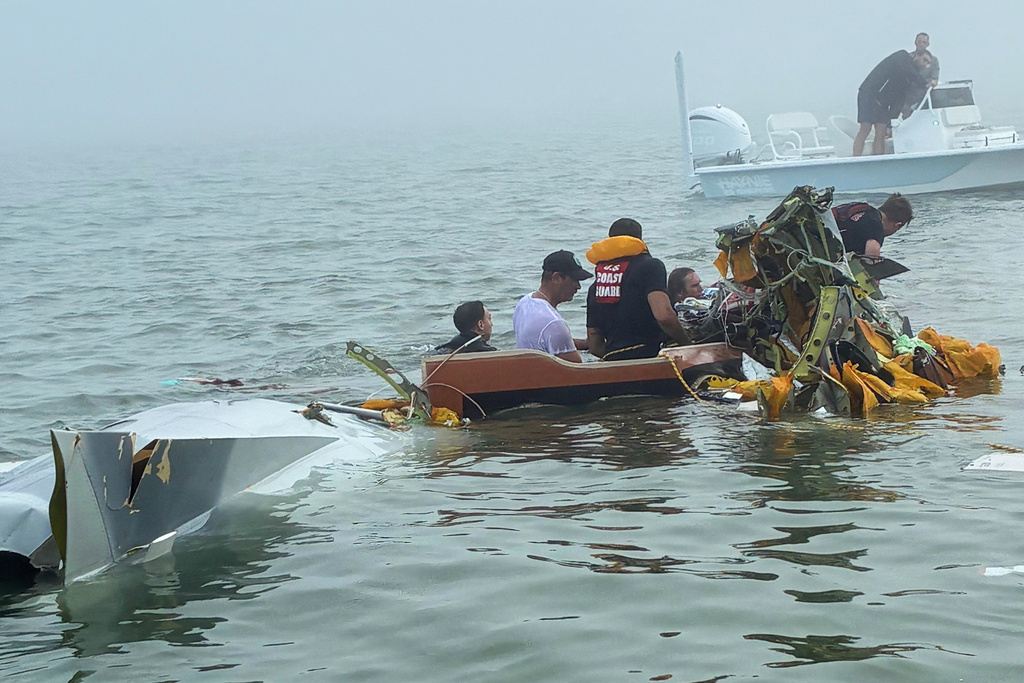Which is more important: Your couch or your cat?
That's the question that's opening a cage of criticism over declawing friendly felines, as some legislatures around the country are considering bans of the age-old practice.
While supporters of the legislation call declawing cruel and unnecessary, critics of proposed bans say getting scratched can lead to infections in humans.
"You are amputating them to protect a couch," said Dr. Jennifer Conrad, founder of The Paw Project.
Johns Hopkins details cat scratch disease as an infection in which people have body aches and flu-like symptoms, and some veterinary associations have argued declawing may be the best alternative to euthanizing a destructive feline.
Democratic State Rep. Barbara Hernandez of Aurora, Illinois, is the latest American lawmaker looking to end what some critics call an archaic practice.
"I have a cat of my own as well, so I know that even though she scratches me sometimes, it's something that is in their nature," she said. "If people are not ready to deal with their claws, then maybe they shouldn't get a cat."
Right now, only two states — New York and Maryland — plus the District of Columbia have passed legislation making declawing cats illegal. But the Humane Society of the United States told Scripps News a dozen states have seen bills this year looking to outlaw the procedure. Several cities and counties across the U.S. have also jumped on board, including Los Angeles, Denver and Austin, Texas.

Cats Know Your Voice And Can Tell When You're Talking To Them
Research just proved what a lot of cat owners already know —they're not as aloof as people think they are.
"We see a lot of towns ... local community cities that are passing declaw bans. For example, in Pennsylvania, we've seen everywhere from big cities like Pittsburgh to small towns like Aetna and Easton, who many people probably haven't heard of, but they have all passed bans," said Danielle Bays, senior analyst for cat protection and policy at the Humane Society.
Veterinarians say the procedure can have a negative effect in the health and well-being of cats.
"That changes the way the cat walks because, you know, how a cat walks in high heels, and they walk up on their toes," Conrad said. "They have arthritis in their shoulders, and they have back pain. They become more likely to bite because they've been robbed of this primary way of defending themselves — their claws — and they're less likely to use the litter box because it hurts to dig in the sand."
Conrad, a veterinarian, became a filmmaker because she wanted to show people what it takes to declaw a cat. She said she hopes understanding the medical procedure more clearly will change some minds.
"I made a documentary because I thought it was really important for people to understand that declawing a cat is not some fancy manicure; it's actually an amputation of the last bones in their toes," Conrad said. "It's an amputation, and I think that most people love their cats, and they wouldn't do that to them ... if we called it de-knuckling."
Conrad says educating people on declawing is key.
"It's one of the most painful surgeries in all of veterinary medicine, and yet, it's done on 20% - 24% of American cats," Conrad said. "Love your cat more than your couch. That's all that matters."











